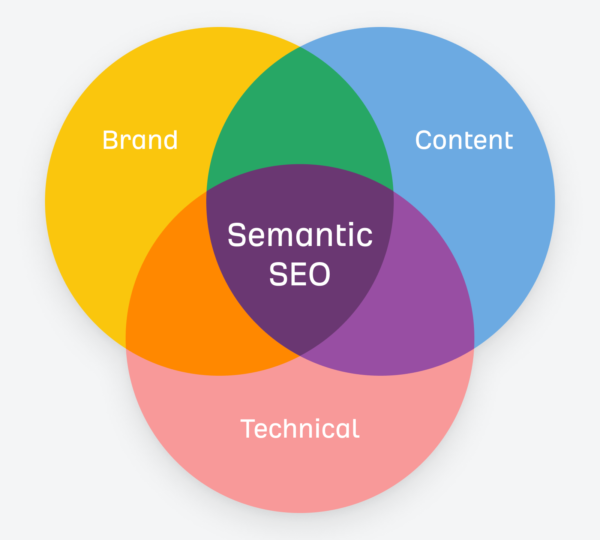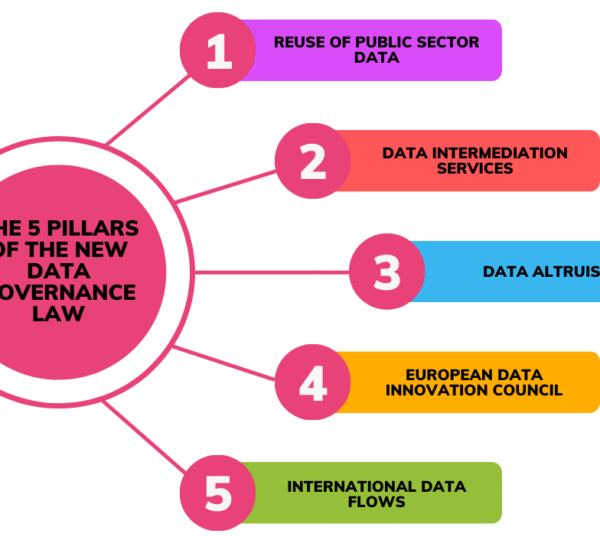Introduction: Why SEO Matters Today
Search Engine Optimization, commonly called SEO, has transformed from a simple keyword-matching exercise into a sophisticated system built on semantics, intent, and authority. Modern search engines like Google, Bing, and Yahoo no longer focus only on how many times a word appears on a page. Instead, they evaluate whether the page covers the topic in depth, whether it is written by credible sources, and how it connects to related entities in the web ecosystem.
For businesses, this evolution means one thing: success online depends on adopting a semantic SEO strategy that builds topical expertise, trust, and long-term visibility. Companies such as Grow Softec design SEO services around these principles, ensuring clients move beyond short-term rankings and achieve sustainable growth.
Understanding SEO in the Semantic Era
SEO is the structured process of enhancing a website so that search engines can understand its purpose and recommend it to users. In 2025, this means optimizing for entities (brands, products, services, industries) and relationships, not just for specific keywords.
- Example: A business offering “SEO services” should also connect its content to related entities like Google Analytics, Backlinks, Search Console, Core Web Vitals, Content Marketing, and SERPs. By doing so, it signals topical authority to Google’s Knowledge Graph.
- Business Value: This strategy allows one page to rank for hundreds of long-tail queries, increasing organic reach and relevance without the need for duplicate content.
Four Pillars of Effective SEO Services
Technical SEO
A strong foundation ensures that search engines can crawl, index, and evaluate your site correctly. This includes:
- Website speed optimization through Core Web Vitals.
- Securing the site with HTTPS.
- Creating optimized XML sitemaps and robots.txt files.
- Enhancing mobile performance with responsive design.
Entity focus: PageSpeed Insights, LCP (Largest Contentful Paint), CLS (Cumulative Layout Shift).
On-Page SEO
This is the art of refining individual pages so they match search intent while remaining semantically rich.
- Crafting unique titles and meta descriptions.
- Structuring content with H1–H4 headings.
- Using semantic keywords instead of keyword stuffing.
- Adding schema markup for structured data.
Entity focus: Schema.org, JSON-LD, Semantic HTML, Internal Linking.
Off-Page SEO
Your reputation outside the website is equally critical.
- Building quality backlinks from credible sites.
- Digital PR campaigns for mentions across trusted platforms.
- Consistent local citations for businesses targeting specific regions.
Entity focus: Domain Authority, PageRank, Trust Flow, Google Business Profile.
Content SEO
Content is the driver of topical authority. Instead of single posts, semantic SEO encourages content clusters.
- Pillar pages act as central hubs.
- Cluster articles explore subtopics.
- Together, they build a knowledge ecosystem.
Entity focus: E-E-A-T (Experience, Expertise, Authoritativeness, Trustworthiness), Topical Maps, NLP Optimization.
Specialized SEO Services
- Local SEO: Focused on city or region-specific searches, Google Maps listings, and review management.
- eCommerce SEO: Product schema, category optimization, and customer intent mapping.
- Enterprise SEO: Handling large-scale sites, log file analysis, and automation.
- International SEO: Hreflang tags, localization, and geo-targeting for multi-country operations.
Why Semantic SEO Is the Future
Traditional SEO might get you rankings for a handful of words. Semantic SEO, however, builds topic authority, meaning your website becomes the definitive source for an entire subject.
- A page about “SEO Services” shouldn’t just stop there. It should also cover:
- Types of SEO.
- Tools like Ahrefs, SEMrush, Screaming Frog.
- Metrics such as CTR, bounce rate, and conversions.
- Future trends like AI-powered search and voice queries.
The more entities connected, the stronger your visibility.
Tools & Technologies That Power SEO
- Google Analytics 4 (GA4) for visitor insights.
- Google Search Console for crawl data.
- Screaming Frog for site audits.
- Ahrefs & SEMrush for backlinks and competitor analysis.
- Surfer SEO / Clearscope for semantic optimization.
Measuring Results the Right Way
The success of SEO isn’t just about ranking #1. Instead, businesses must look at:
- Growth in organic traffic.
- Number of conversions and leads generated.
- Keyword clusters rather than single words.
- Authority improvements through trust signals.
- Engagement metrics such as dwell time and bounce rate.
The Future of SEO (2025 and Beyond)
- AI-Driven Search: With Google’s Search Generative Experience (SGE), answers will appear directly in results.
- Voice Search: More conversational, long-tail queries.
- Video SEO: YouTube and short-form video platforms gaining importance.
- Zero-Click Results: Snippets, FAQs, and direct answers replacing clicks.
- Brand SEO: Brands with strong recognition will dominate over anonymous websites.
FAQs
Q1: Is SEO still relevant in 2025?
Yes. While ads and AI summaries exist, SEO remains the backbone of online discovery.
Q2: How long does SEO take?
Results vary, but most businesses see noticeable improvements within 4–6 months.
Q3: What is semantic SEO?
Semantic SEO focuses on building authority around topics and entities, not just keywords.
Q4: Why do businesses need SEO?
Because 68% of online experiences begin with a search engine, SEO ensures visibility where customers are searching.
Conclusion: Why Partner with SEO Experts
SEO in 2025 is about more than backlinks or keywords—it’s about proving to search engines that your business is a trusted authority. By embracing semantic SEO, companies can dominate search results, build long-term credibility, and drive consistent revenue.


